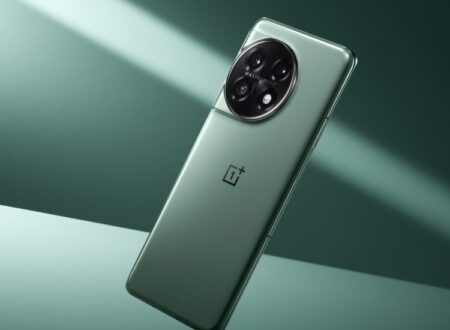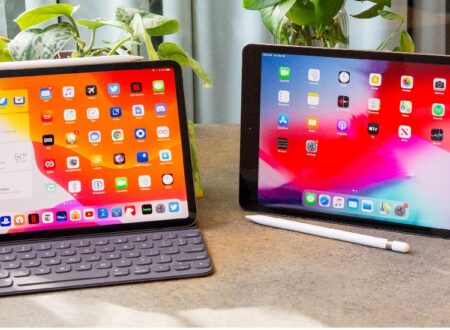In the age of digital dominance, a revolutionary force has emerged to reshape the landscape of entertainment – influencers. These digital trendsetters wield the power to captivate audiences, challenge traditional norms, and redefine the very essence of what we consider entertainment. This article delves into the fascinating realm of how influencers are transforming the entertainment industry, exploring their impact, reach, and innovative concepts that are reshaping our entertainment experiences.
The Rise of Influencers:
In the not-so-distant past, the entertainment industry was largely monopolized by established celebrities and traditional media. However, the advent of social media platforms such as Instagram, YouTube, and TikTok has democratized fame, allowing everyday individuals to become influencers with vast followings. According to recent statistics, there are over 3.6 billion social media users worldwide, providing influencers with an unprecedented platform to reach diverse and global audiences.
The Power of Authenticity:
One of the key factors driving the influence of digital creators is their ability to establish authentic connections with their audience. Unlike traditional celebrities, influencers often share unfiltered glimpses into their lives, creating a sense of relatability that resonates with their followers. This authenticity fosters trust and loyalty, making audiences more receptive to the products and experiences influencers endorse.
Breaking Barriers to Diversity:
Influencers have also played a pivotal role in challenging and reshaping traditional beauty standards and societal norms. The industry has witnessed a surge in diversity, with influencers from various ethnicities, body types, and backgrounds gaining prominence. This shift not only promotes inclusivity but also reflects a more accurate representation of the diverse audiences consuming entertainment content.
Innovative Collaborations:
In the realm of entertainment, influencers are not limited to creating content within their chosen niche. They are increasingly collaborating with traditional media, brands, and fellow influencers, leading to a fusion of digital and mainstream entertainment. This synergy has given rise to unique and innovative projects that cater to evolving audience preferences.
The Power of Engagement:
Unlike traditional media, influencers thrive on engagement. The interactive nature of social media platforms enables influencers to directly communicate with their audience, creating a two-way dialogue. This engagement goes beyond mere entertainment, often influencing consumer behavior and shaping trends. Brands are now capitalizing on this engagement to reach their target audience more effectively.
How long do idiots live 12-15:
In the midst of this transformative era, the question arises: How long do idiots live 12-15? Surprisingly, this seemingly obscure query has gained traction as a search term, reflecting the diverse and sometimes peculiar nature of online content consumption. This anomaly highlights the unpredictable and constantly evolving landscape of digital entertainment, where even unconventional topics find their niche.
Monetization and Entrepreneurship:
The influencer phenomenon has not only redefined how we consume entertainment but has also revolutionized career paths. Many influencers have turned their online presence into lucrative businesses, leveraging their personal brand to secure partnerships, sponsorships, and endorsement deals. This entrepreneurial spirit has paved the way for a new breed of digital creators who are not just entertainers but savvy business professionals.
The Dark Side: Challenges and Criticisms:
While influencers wield immense power, they are not exempt from scrutiny. The lack of regulation in the industry has led to concerns about authenticity, ethical practices, and the impact of influencer culture on mental health. Striking a balance between transparency and entertainment value remains a challenge, prompting calls for increased accountability and ethical standards within the influencer community.
Conclusion:
In conclusion, the influence of digital creators on the entertainment industry is undeniable. From reshaping beauty standards to challenging traditional norms, influencers have become catalysts for change, driving innovation and shaping the future of entertainment. As we navigate this dynamic landscape, it is essential to appreciate the positive transformations while remaining vigilant about the challenges and responsibilities that come with the power of influence. The entertainment industry, it seems, is in the midst of an evolution led by the very individuals who started as mere content creators but now stand as the architects of a new era in entertainment.







